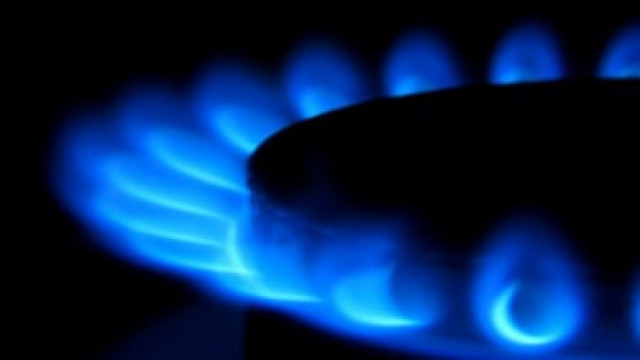Gas output to fall less than half of domestic demand
Omar Ayub says Sindh’s production had already dropped by 7%; urges early decision on weighted average cost

Pakistan will continue to face the gas shortage for the next few years as the national demand surges to 7.5 billion cubic feet against the domestic production of around 3.5 BCF, energy minister Omar Ayub told a press conference in Hyderabad on Wednesday.
During a visit to the city, the minister dissolved the board of directors of the Hyderabad Electric Supply Company (Hesco) after receiving numerous complaints of incessant power outages, bribery for repair and replacement of transformers and the detection bills.
“The production of gas in Sindh will [continue to] reduce, starting [from] this year. [Similarly] Balochistan and Khyber Pakhtunkhwa will also see a drop in the next three to five years,” he told reporters, adding that Sindh’s production had already dropped by 7%.
The minister blamed the previous governments of the Pakistan Peoples Party (PPP) and the Pakistan Muslim League-Nawaz (PML-N) for avoiding gas exploration projects. “The question should be put to these two parties why no new blocks were auctioned,” he said.
According to the minister, the previous governments only kept drilling in the same old blocks. He also blamed the PPP’s government for being partly responsible for the current gas crisis, a reference to the gas outages, which began to hit Sindh even before the onset of winter.
Referring to the weighted average cost – which is about equalling the price of locally-produced gas with the expensive liquified natural gas (LNG) – Ayub stressed the need for taking a decision on it as soon as possible. However, he added, the Sindh government was still pondering over it.
The energy minister also blamed the Sindh government for delaying the approval of a 117-kilometer pipeline project for one and a half years. You should have mercy on your people,” Ayub added.
In January this year, the federal government had warned Sindh that the province could face shortage of up to 300 million cubic feet of gas per day if it did not agree to the weighted average cost. Sindh, on its part, has been pressing its case under the Article 158 of the Constitution, which entitled a gas producing province to meet its local needs before exporting gas to other provinces.
According to the minister, the country was importing 1.2 CBF LNG. “The two new LNG terminals, completion of North-South gas pipeline project by Russia and finding new gas reserves from the 20 blocks being auctioned for the drilling, will address the shortage.” He added The North-South gas pipeline project will connect the Karachi based LNG terminals with Lahore through a 1,100 kilometres long pipeline.
Khan said the country would be able to avail the newly discovered local reserves from the 20 blocks being auctioned by Pakistan Tehreek-e-Insaaf’s government after around five years. He contended that the Sindh government’s stance that the province is producing surplus gas and exporting it to the other provinces will no longer be relevant.
Hesco board dissolved
Earlier, the minister held a meeting with the parliamentarians of Muttahida Qaumi Movement-Pakistan, local leaders of the PTI, representatives of the business community and officers of Hesco. Sindh Governor Imran Ismail and other PTI leaders were present on the occasion.
During the meeting, the lawmakers as well as the businessmen complained against the company. Responding to the complaints, the minister dissolved the Hesco board and said that the local leaders of PTI, the MQM-P and the business community would submit recommendations for the reforms in Hesco.
Khan accused the previous governments of PPP and PML-N for deterioration in the service delivery of the power distribution companies and also for signing agreements for purchase of very expensive electricity from the independent power producers.
"The PTI government has signed an agreement for solar energy at the rate of 3.5 cents per unit. The same agreements were signed by the PPP and the PML-N at the rate of 24 cents and 17.5 cents." He said more grid stations and feeders and four transformer workshops would be set up in the Hesco region.



















COMMENTS
Comments are moderated and generally will be posted if they are on-topic and not abusive.
For more information, please see our Comments FAQ